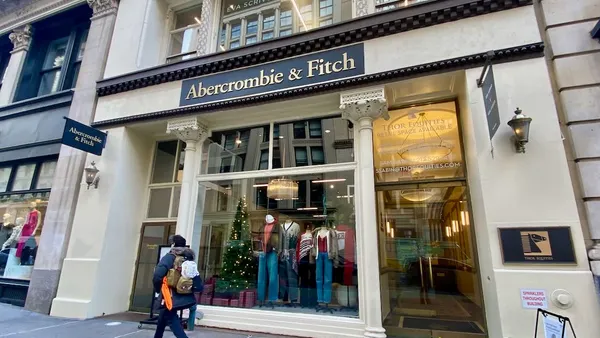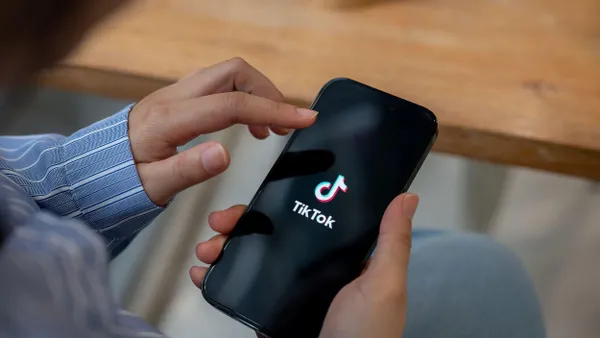Dive Brief:
-
Facebook announced on Tuesday it is adding new measurement tools that allow advertisers to see how many people go to a store after seeing a Facebook campaign, optimize ads based on store visits, and analyze results across stores and regions to plan and optimize future campaigns.
-
In a challenge to Google, Facebook also announced the launch of a native store locator to help consumers find and navigate to the nearest store location within the ad format.
-
Retailers using Facebook's Offline Conversions API can match transaction data from their customer database or point-of-sale system to Ads Reporting to understand the effectiveness of their ads in real-time. Partnerships with point-of-sale systems like Square and Marketo, plus capabilities that leverage GPS, beacons, WiFi and cell towers with brick-and-mortar locations, are enabling the new feature, according to TechCrunch.
Dive Insight:
With these announcements, Facebook is capitalizing on two major trends in retail customer behavior today: Consumers are spending more and more time on their phones, but are still doing most of their shopping in stores. Many retailers have been struggling to connect their offline and online channels, and Facebook's new ad features should marketers help bridge that gap.
By adding the features, Facebook is improving the advertising experience for its most valued marketing audience: 82% of the social media giant's ad revenue is generated by ads appearing on consumer’s mobile devices. Both new features make the social media giant's ad platform more attractive to retailers looking to target local audiences and turn online activity into offline sales. The new features are part of Facebook’s ongoing work to give marketers more insights that help them target their ads to people in the vicinity of their stores.
Facebook’s store location feature helps it catch up to Google, but its Offline Conversions API may go beyond catch-up, eMarketer analyst Yoram Wurmser told AdAge.
"From what I've seen, this new Offline Conversion API brings Facebook up at least to what Google has been offering, but probably goes beyond it,” he said. “By virtue of the behavioral and interest data it gets from its social networks (FB and Instagram), the additional insights about store traffic are likely beyond what Google can offer. So, I think it's going to be pretty attractive to retailers."











